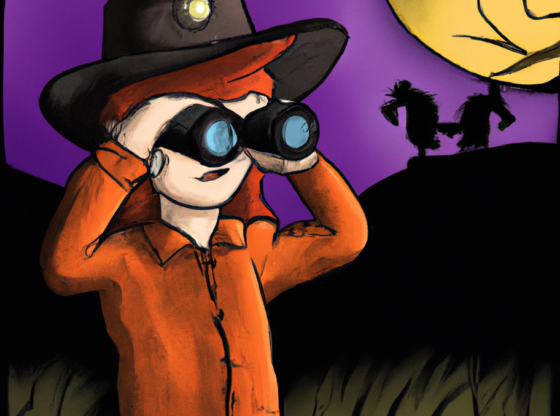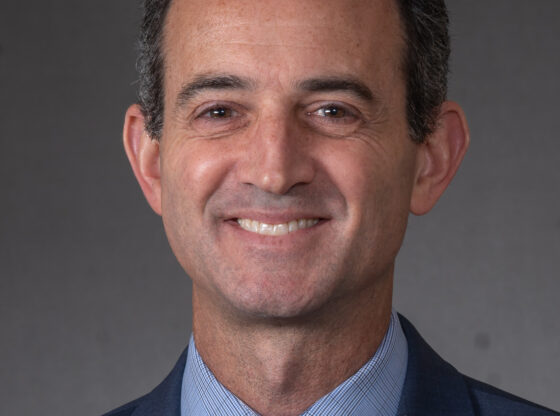To author, translator and playwright Nathan Englander, the most compelling part of what he does is the joy his work brings him. The art of fiction, Englander said, combines a personal challenge with a conveyance of emotional experience that can be tapped into by any reader.
The event was sponsored by the English and Languages and Literatures Committee for Comparative Literature (ELL), the Center for Judaic Studies and the Department of English Speakers fund last Wednesday at 4 p.m. in the Lindsay auditorium.
With approximately 60 people in attendance and hosted by English and Judaic Studies professor Adam Rovner, Englander’s talk focused on translation and the art of fiction.
Englander stressed that aspiring writers need not become preoccupied with writing what they know, as traditional wisdom dictates, but rather with the universality of feeling, and how to awaken that both in themselves and in their readers.
The author of two short story collections, “For the Relief of Unbearable Urges” (1999) and “What We Talk About When We Talk About Anne Frank” (2012), as well as the novel “The Ministry of Special Cases” (2007), fiction has always been the focus on Englander’s literary career and something he’s been recognized for, winning the Frank O’Connor International Short Story Award last year.
“I worked so hard and tried so long to identify as a fiction writer, and the idea of working so hard to be a particular type of writer or even a writer at all, it almost seems fake,” Englander said.
Recently, Englander has gone beyond the bounds of fiction writing to translate some of the short stories appearing in Etgar Keret’s most recent collection, “Suddenly, A Knock on the Door” (2012). Englander’s translations also appeared in the “New American Haggadah,” a Jewish text recounting the story of Exodus read at the Passover Seder.
But Englander still hesitates to accept “translator” as a title.
“I can’t really even calmly say to you now, ‘oh, I’m a translator,’ that’s weird,” said Englander. “I am a translator, I must be because I have translations.”
In another step outside of literary fiction, one of Englander’s short stories was adapted for the stage. “The Twenty-seventh Man” premiered at the Public Theater in New York City in November of 2012. Englander invested a great deal in the production, but again, naming himself as anything but a writer proved challenging.
“When they tried to film me at the theater, I think they were nervous that I couldn’t say ‘Hi, I’m Nathan Englander, I’m a playwright.’ They just wanted me to do some promo video and that idea of identity, it reminded me of what it felt like to dream of being a writer; we put all this weight on identity, but you don’t need anyone to approve and who cares anyway,” Englander said. “Now I feel like I tell stories.”
And those stories benefit from a multiplicity of form.
“If I’m working on my next play right now and you asked me a question about it, I would say that there’s no more important form, no more intense form, no better way to tell stories in than theater,” Englander said.
That excitement, according to Englander, was one of the most valuable things he took away from his endeavor.
“It’s a wonderful lesson for me to see that that level of absorption and compulsion and dedication can shift for me into a different structure. I didn’t know that. I thought that it was all about fiction,” Englander said.
His enthusiasm about the theater used to strike Englander as disloyal to fiction writing, the art he built a career and an identity around. Now, he doesn’t feel guilty about the thrill of the stage.
“I used to think, ‘Wait, that’s in direct conflict with me feeling that way about fiction, or talking about the challenge of translation,’” Englander said. “What’s really exciting for me to see is that it’s not a betrayal. I like that there’s multiple realities, there is room, it’s not a betrayal for me when I’m absorbed in a play to feel that same joy.”
The English Department will be continuing the reading series in spring quarter, starting with author and poet Jack Collom on March 27 at 8 p.m.











